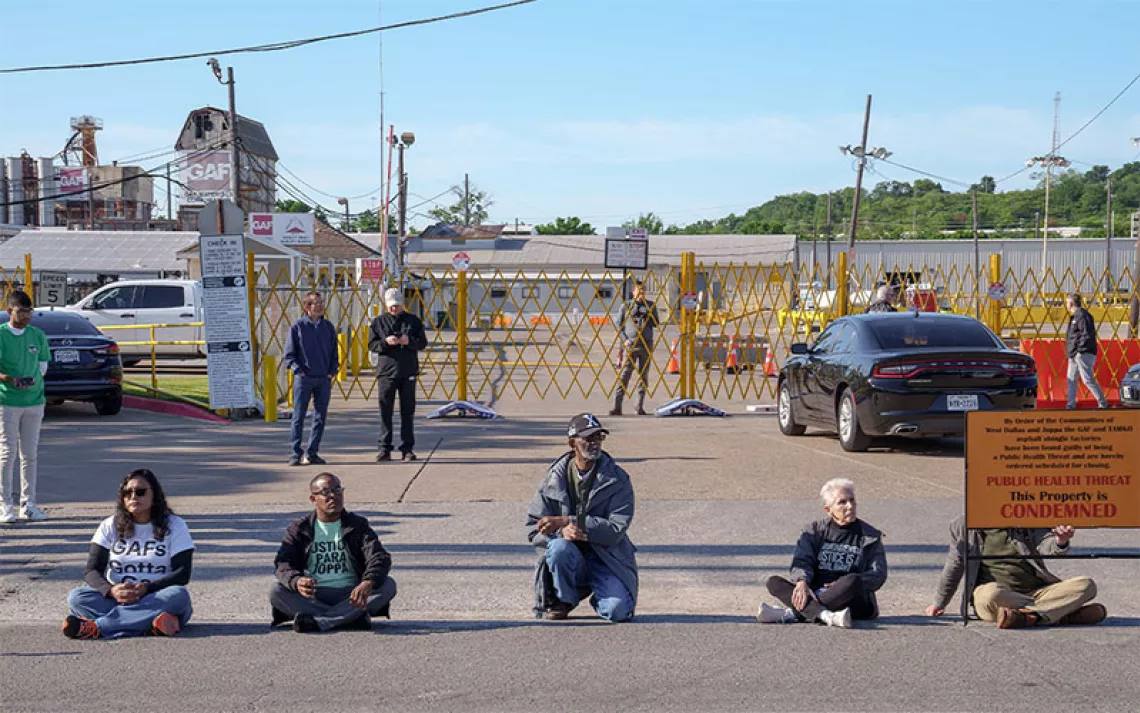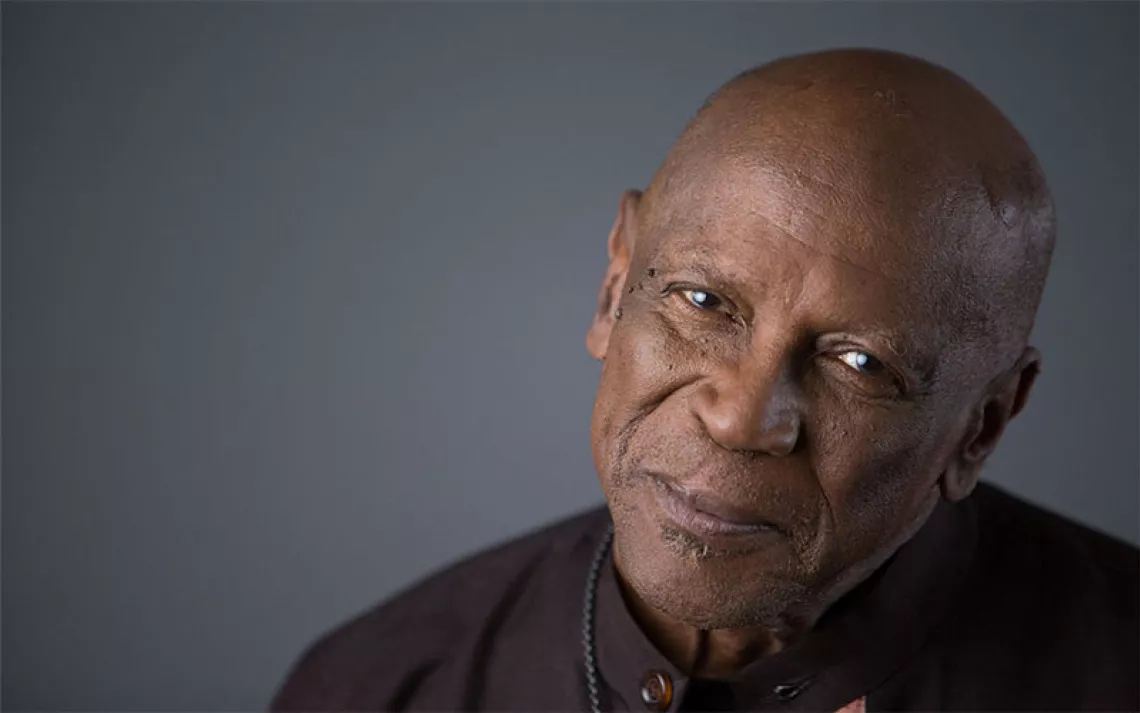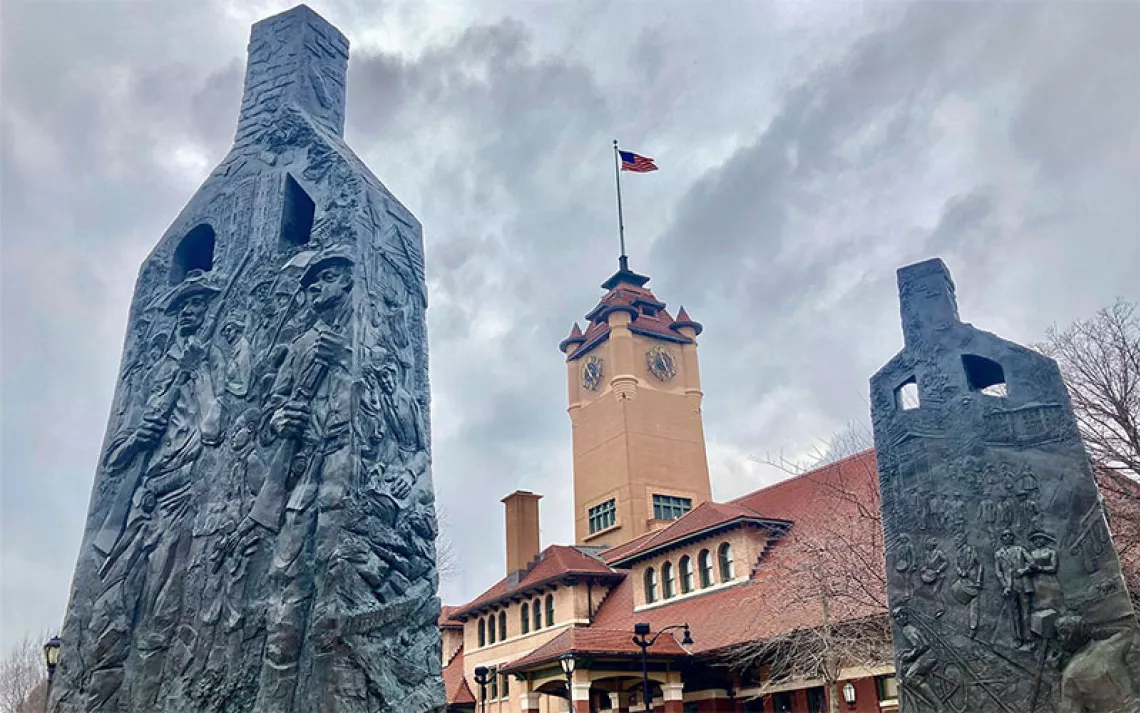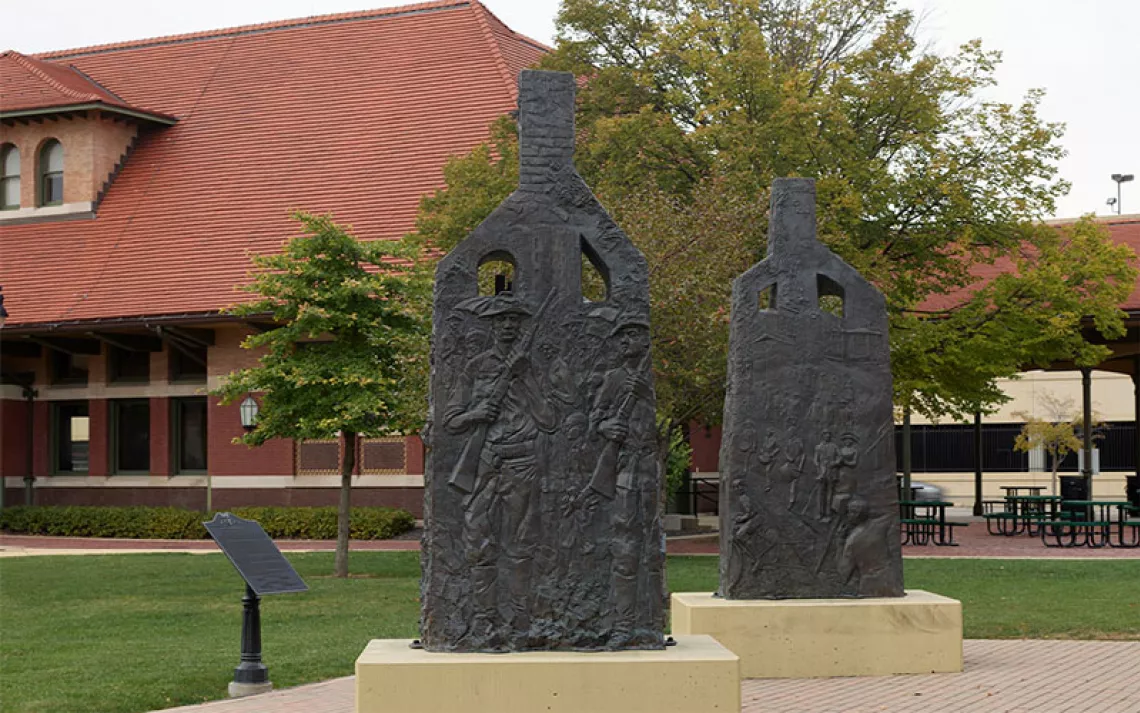Juneteenth Makes Me Think About Reparations
The holiday is about more than free food and family-friendly events. It’s a time of reflection.

People celebrate as they take part in a car parade to mark Juneteenth, Saturday, June 19, 2021, in Inglewood, California. | Photo by AP Photo/Ringo H.W. Chiu
I was first called the N-word at a sleepover when I was nine years old. At that moment I knew the color of my skin would determine how I would be treated for the rest of my life. The following year I learned about slavery in school. In my history book, the few chapters about Black people were about suffering. I read about the origins of slavery and wondered why Black history had been limited to slavery, reconstruction, and the civil rights movement. I yearned to learn about positive moments in Black history. I wondered why my people had not received any land or compensation after being enslaved. Few people know just how many Africans were forced into slavery.
By 1865, 12.5 million African people had been brought to the Americas. My family is fortunate enough to be able to trace one ancestor back to Africa. His name was James Parker, though he was stripped of his real name. There are no documents where it is listed. Less than 100 years ago, my grandmother picked peaches and cotton instead of going to high school. My grandfather helped a white family drive to California to leave rural Arkansas and seek a life of opportunity without fear of lynching. Still, my family has not received reparations for hundreds of years of free labor.
When I learned about slavery, it was painful to know that my family had not received reparations. I felt like history books minimized the Black experience to the trials and tribulations of those who had been enslaved. I was never taught about Juneteenth in school. I never learned that on June 19, 1865, the news that slaves had been freed reached Galveston, Texas. Instead, my class watched the acclaimed series Roots, and my classmates mocked the protagonist’s accent as he was voraciously whipped. My perception of slavery stemmed from film and television—content that rarely showed happy Black people. Juneteenth has made Black joy more visible. Food trucks, festivals, and finger painting are just a few activities taking place at Juneteenth celebrations, but this holiday is much more than a social event. Juneteenth is a reminder that Black lives matter—not just during Black History Month or on Martin Luther King Jr. Day. Black lives matter every day.
Black people deserve to be seen and heard all year round. We have fought for independence on this soil going back to the American Revolution. Juneteenth represents acknowledgment of that independence—it recognizes all of us as Americans. I deserve to celebrate myself and my culture outside of designated days. I commemorate Juneteenth for my ancestors who spent their days working tirelessly. Every Juneteenth I think about the prospect of reparations. I feel a sense of hope when I read that the state of California is considering reparations for descendants of slaves. Last year the Sierra Club called for reparations too. Black Lives Matter LA cofounder Dr. Melina Abdullah believes Black people have the right to reparations. “Black people are owed reparations because the wealth that rightfully belongs to us, what should have been the earnings of our great-grandparents, has been stolen,” she told me.
Stolen language. Stolen land. Stolen lives. Black history has been melted down to what has been taken from us rather than how we have survived. Although I have not received reparations, I will celebrate Juneteenth with pride. As Juneteenth becomes more mainstream, it does become hard to watch those same people who called me racist names as a child head out to Juneteenth parades and bar crawls. I want them to acknowledge the significance of Juneteenth outside of drinking alcohol and eating soul food. I want them to understand the fear my grandparents felt while living in the South during a tumultuous time. I wish I could tell them about my family friend Dr. Terrence Roberts, who was one of the Little Rock Nine, the first group of Black children to attend school alongside white children. I wish they could understand what it feels like to be named after a plantation owner with no knowledge of your real last name. I will head onto Instagram and see photos of friends at festivals enjoying food and live music. I know deep down that Juneteenth means much more than a day of fun-filled activities. Juneteenth serves as a reminder of the land and resources that were stolen from my people. But mostly, Juneteenth reminds me of why I am proud to be Black. Even if I never receive reparations, I will always be proud, and that is something no one can take from me.
 The Magazine of The Sierra Club
The Magazine of The Sierra Club



